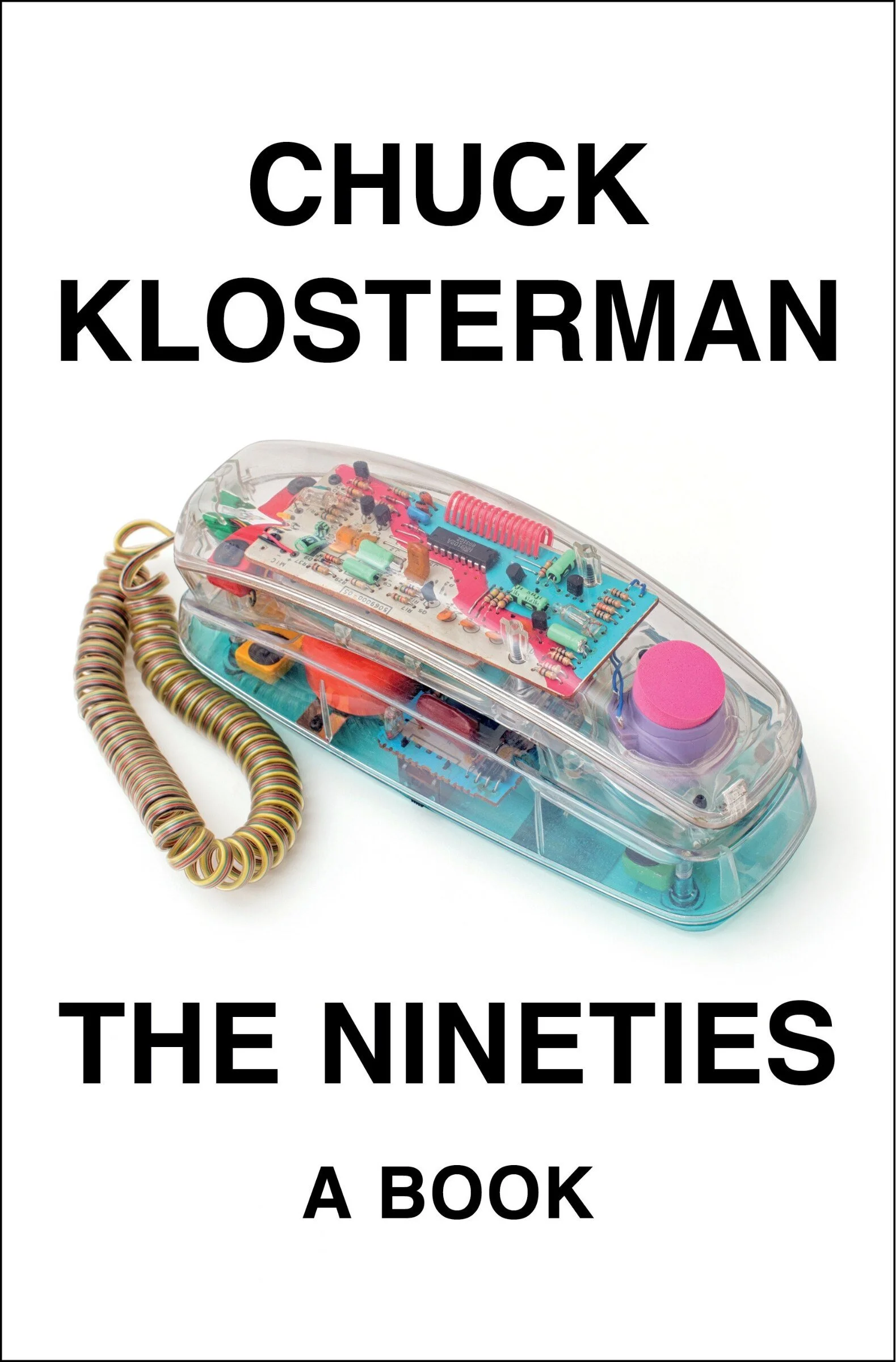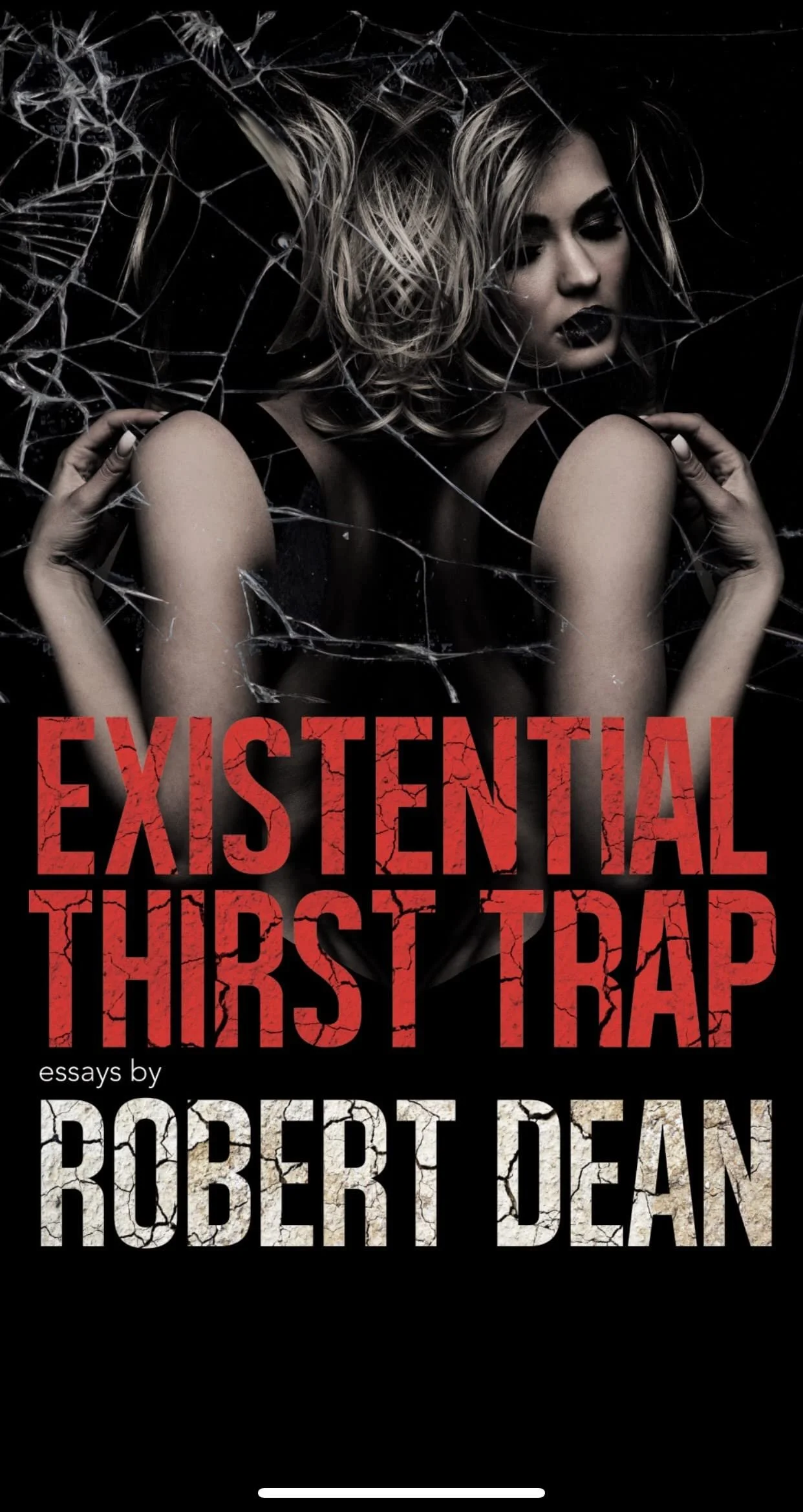Book Review : Christopher Zeischegg - Creation : On Art and Unbecoming (2024)
I know it’s going to sound weird, but I’m not a big porn guy. Don't judge. Let me reassure you: I jerk off as much as the next guy, but I don’t do well with unexpected genitals and body fluids. Author Christopher Zeischegg is quite forthcoming and disarmingly honest about his years working as a porn actor in his new essay collection Creation : On Art & Unbecoming, which made my reading quite difficult, but not unrewarding in any way. It's raw, transgressive and, for better or worst, kind of enlightening.
Calling Creation : On Art & Unbecoming an essay collection would be selling it short. It's a collection of essays, autofictions and what I believe to be short stories? It's sort of a phantasmagoric journal that folds the line between reality and fiction like a piece of paper. In one of the stories where he uses his real porn actor name Danny Wylde, Zeischeff ends up in a Columbian field without his arms and his legs. Now that ain't true, but that's the whole point of the endeavor. Walking that tight rope between what it real and what is felt.
How the Fuck Do You Read a Book Like That?
Glad you asked. There is no right or wrong way to read transgressive fiction except perhaps checking out mentally. It is supposed to be a personal experience like all reading is, but a book like Creation : On Art & Unbecoming doesn’t give you a moral framework to operate from. It questions yours instead. One of the essays that spoke to me the most was On the Moral Imperative to Commodify Our Sexual Suffering, which wasn’t only original, but also heartfelt and unnerving in its own way.
In this essay, the narrator is telling a story and the assistant narrator (which acts as the narrator's anxious brain) comments the said story and foreshadows that it is going to take a turn for the worse. I’m not gonna spoil what this story is about, but I do believe it's an autofiction based on something that really happened to Zeischeff in his Wylde years where he extrapolated a bad ending for himself. As you read it, you can’t shake off the latent feeling that the assistant narrator is manifesting this horrible ending.
Since you don’t know how much of it is true, it makes you question your own assistant narrator and the bad ending you're manifesting. Another essay I liked for totally different reasons is Failed Sartup, Hackrod (this is a real failed startup, I checked) , where Zeischegg (who comes from a marginal background) is tasked with profiling a dude who CLAIMS to be from a marginal, punk rock background. What this essay puts forward so brilliantly is how knowing who you are is a super power and how being mistaken about it is a handicap.
The clash between Zeischegg's creative integrity and Hackrod's founder’s sales spiel is so empowering and sobering at the same time. It makes you want to be more honest with yourself.
The Part About Luka Fisher
Several of the essays in Creation : On Art & Unbecoming are either about or mention Christopher Zeischegg's relationship to a queer artist named Luka Fisher. It was not the part of the collection that spoke to me the most, but it is nonetheless very important. She represents the transition from porn to art, an evolution and a maturation of his relationship to his own self. Zeischegg was already an artist then, but she showed him a different want to relate to himself and using his experience to transform and create.
Even if these essays are more apocryphal, there’s a feel good edge to it nonetheless. The beauty of these pieces are not always in what Zeischegg and Luka tell one another, but rather to how he speaks of her and how her suggestions are articulated over the entire collection (and presumably over the rest of Zeischegg’s artistic life). The power of their bond cannot be entirely felt at the first degree (at least not by me), but it can be felt over the entire collection. It's somewhat of a 201 pleasure, but it's integral to the work.
*
Creation : On Art & Unbecoming is a different animal. It’s quite marginal, confronting and fragmented. I feel like a stiff saying this, but I like the raw emotional truth that transpired from it and the dedication Christopher Zeischegg showed to live and breathe through his creation. It isn’t exactly a mainstream pleasure (on the opposite), but it is an undeniably subversive and magnetic work of literature. If you're sensitive around sex stuff like me, maybe proceed with care. But otherwise it’s a trip!






